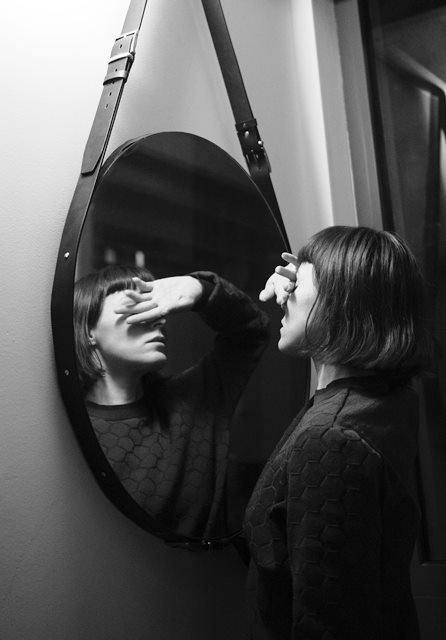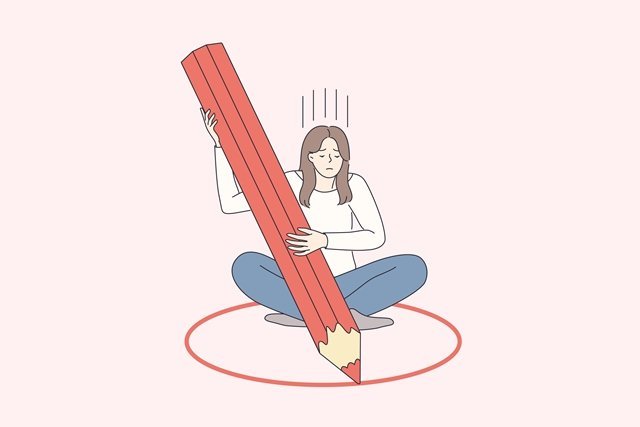
by Judith Stafford | May 18, 2021 | Becoming a Wise Woman
Yes, you are! Stop asking this question and quiet your inner critic. How often have you avoided doing something because you were worried about what people might think or believed what you were doing was not good enough? Many people, especially women, feel they are not good enough, not pretty enough, not clever enough, not rich enough, or not successful enough. Sometimes, what you do doesn’t matter; it just isn’t good enough. There are numerous reasons to feel this way. Maybe your parents had extremely high standards that you could never attain. At school, it didn’t matter how well you did; you never lived up to their expectations. Maybe they could have hoped for you to become a doctor or lawyer or follow in their footsteps somehow, but you were just not interested, and they did not bother to hide their disappointment. Maybe your sibling excelled at sports, music or chemistry, but you were only good at art, and they could not see any value in that. There are endless reasons, but the result of this tends to be a very harsh inner critic constantly reminding you that you are unworthy. Unworthy of love, of success or of just being happy. No one is immune to this. Even people who appear brimming with confidence sail through life without a care in the world while achieving great things without seemingly trying. You can bet they occasionally have a little devil on their shoulder telling them they are worthless. Years ago, I started creating a course on fairy tales and archetypes, but this course was never completed and never released. The...

by Judith Stafford | May 16, 2021 | Becoming a Wise Woman, Self-Help
Five steps to help you set personal boundaries Healthy boundaries are essential in any relationship. They protect us from being controlled and manipulated and help us to feel comfortable and happy. However, sometimes it can be difficult to do so. Before you do this, you need to be clear about what you want and don’t want from the relationship. Make sure you’re crystal clear about your expectations for the relationship, both verbally and nonverbally. This will help avoid any misunderstandings or tension later on. Here are some ways to help: Step 1: Understand what healthy boundaries are What are healthy boundaries? Healthy boundaries are the lines that you draw in your life that protect you from being taken advantage of or hurt. They help you to manage your own emotions and stay in control of your relationships. There are different ways to set boundaries, but the most important thing is to be clear about what you want and need from your relationships. Some things to think about when setting boundaries include: What is too much for me?What does this person do or say that makes me feel overwhelmed or uncomfortable? How will this person treat me if I don’t follow these rules?Will they be understanding and supportive, or angry and punitive? Step 2: Identify where and with who you need to set boundaries Setting boundaries can be difficult in any relationship, but especially in close ones. It can be tricky to know where to draw the line between being supportive and enabling someone else’s unhealthy behaviour. Here are some tips for identifying where and with whom you need to...





Recent Comments